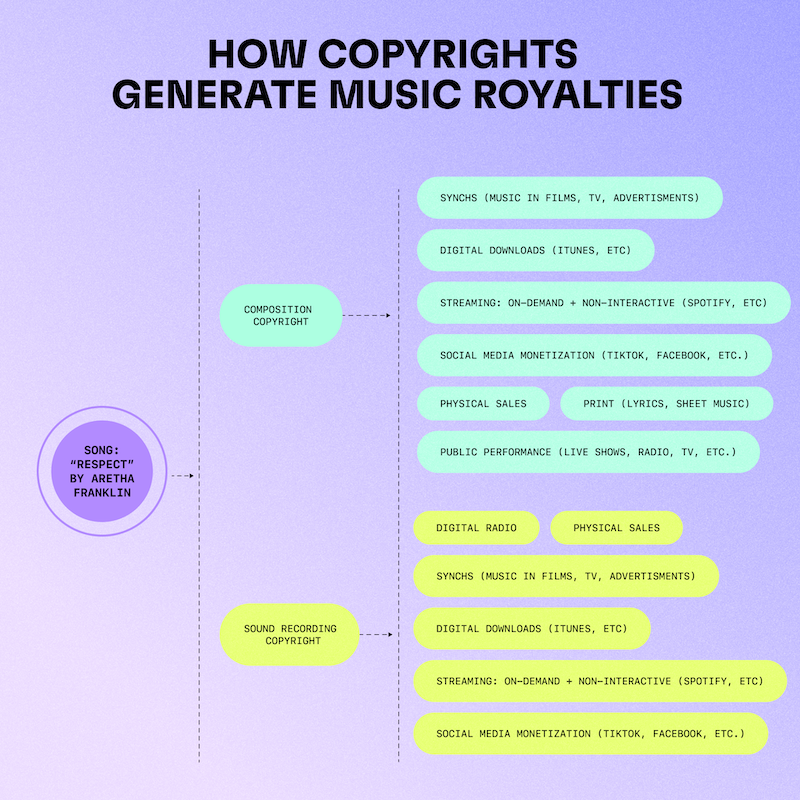Since 2021, pop superstar Taylor Swift has been rerecording and releasing her entire back catalog of albums in an effort to break away from her previous record label and gain greater control over her art.
The fact she has to go through such a painstaking, expensive process just to recover what most would consider rightfully hers highlights how the music industry can be a complicated, confusing place for young artists. It has a well-deserved reputation for being a space where enthusiastic musicians often unknowingly enter into unfavorable or exploitative record contracts.
“I would say maybe 10% of musicians have a good understanding, 1% of musicians have a great understanding, and 0.1% of musicians have an amazing understanding” of the legal and financial structure behind the music industry, Justin Blau tells Magazine. Also known as 3lau, Blau is a popular DJ and the founder of Royal, one of a handful of companies working to bridge the divide between the traditional music industry and blockchain.
Web3 or blockchain is often hyped up as the “Promised Land” for musicians, where the music industry will be democratized and decentralized, and where musicians will earn a larger slice of the profit pie by connecting directly with fans through NFTs.
One rising use case for “music NFTs” is tokenizing a song’s royalties, allowing fans to earn a percentage of the revenue generated by their favorite artists’ music.
But music copyright law and royalty collection are highly complicated, and very much off-chain. So, where exactly does blockchain fit in, and what do artists and fans gain from its introduction?
A complicated starting point
To start with the very basics, each piece of recorded music has two copyrights associated with it: One represents the recording itself, while the other represents the underlying composition — the written lyrics and music.
Depending on how many people and companies are involved in writing and releasing a song, any one track can have multiple rights holders. Musicians who release music through record labels are often required to sign over the master recording rights to the label.

Each copyright also generates its own associated royalties based on whether the song was played on the radio, listened to on Spotify, featured in a movie, etc. On top of that, different organizations are responsible for…
Click Here to Read the Full Original Article at Cointelegraph.com News…

